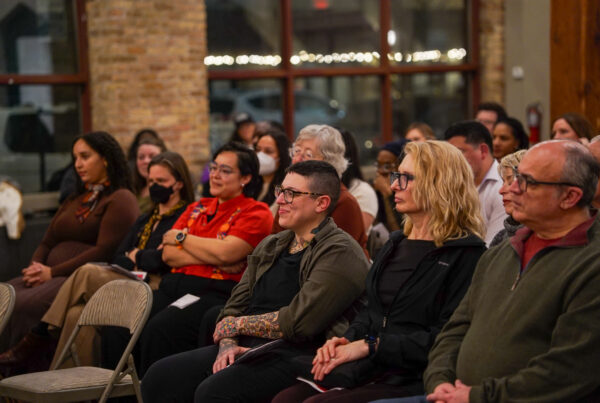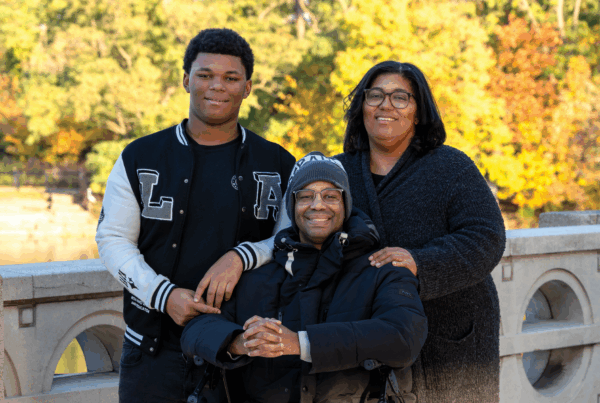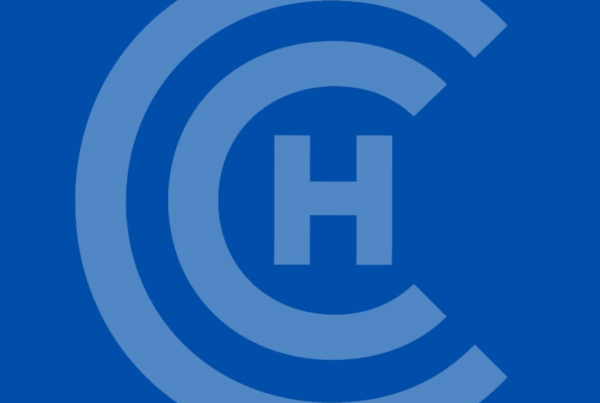A woman experiencing homelessness has filed a federal lawsuit against the city of Chicago, the second lawsuit related to disability access filed in a year.
Plaintiff Gloria Carter is represented by the Law Project of the Chicago Coalition for the Homeless (CCH), Access Living, and the law firm of Porter Wright Morris & Arthur LLP.
Filed last week, the lawsuit alleges that the city of Chicago operates its emergency homeless shelter program in a manner that discriminates against people with disabilities, in violation of the Americans with Disabilities Act (ADA) and other law. The lawsuit seeks, in part, to make the city of Chicago’s Emergency Homeless Shelter Program accessible to individuals with disabilities.
Due to her disability, Gloria Carter — a homeless woman — has difficulty moving around. She relies on a walker and is unable to navigate stairs without assistance. In August 2019, with no place to stay, Ms. Carter attempted to access the city’s emergency shelter program.
After a call was made on her behalf, the city sent a van to pick her up and take her to a shelter. But the van was inaccessible. Ms. Carter was unable to step up into the van on her own and the driver refused to assist her. So the van left without her and Ms. Carter was forced to spend that rainy night sleeping in a bus shelter.
Unfortunately, the inaccessible van was not the only way in which Ms. Carter was denied access to the city’s program because of a disability. Even if Ms. Carter was able to get into the van, the driver planned to take her to Pacific Garden Mission. Like the van, that shelter was also inaccessible. It required Ms. Carter to climb many stairs, which she could not navigate on her own.
“I am seeking change. I would like to see a change in the way people with disabilities are treated by the city of Chicago,” Ms. Carter said.
This is not the first time the city of Chicago has faced a federal lawsuit over the inaccessibility of its emergency shelter program.
In March 2019, Laura Martin sued the city after being denied access to its emergency shelter program because of her disability. Like Ms. Carter, Ms. Martin was unable to climb stairs on her own because of her disability.
In November 2019, the U.S. District Court for the Northern District of Illinois entered a judgment in favor of Ms. Martin and against the city. Ms. Martin is also represented by CCH, Access Living, and Porter Wright.
“Not only is it morally wrong for a person to be denied access to Chicago’s emergency homeless shelter program because of their disability, it is unlawful,” said CCH Staff Attorney Arturo Hernandez.
“The city has an obligation make its programs accessible and this lawsuit will hopefully lead to long-overdue changes in the city’s emergency homeless shelter program,” said Bob Hermes, an attorney and partner at Porter Wright.
Ms. Carter’s lawsuit was filed in the U.S. District Court for the Northern District of Illinois. It is captioned Carter v. City of Chicago, No. 20-cv-01083.
For additional information:
Chicago Tribune, March 12, 2019: City-funded Chicago homeless shelters violate the rights of people with disabilities, lawsuit claims






